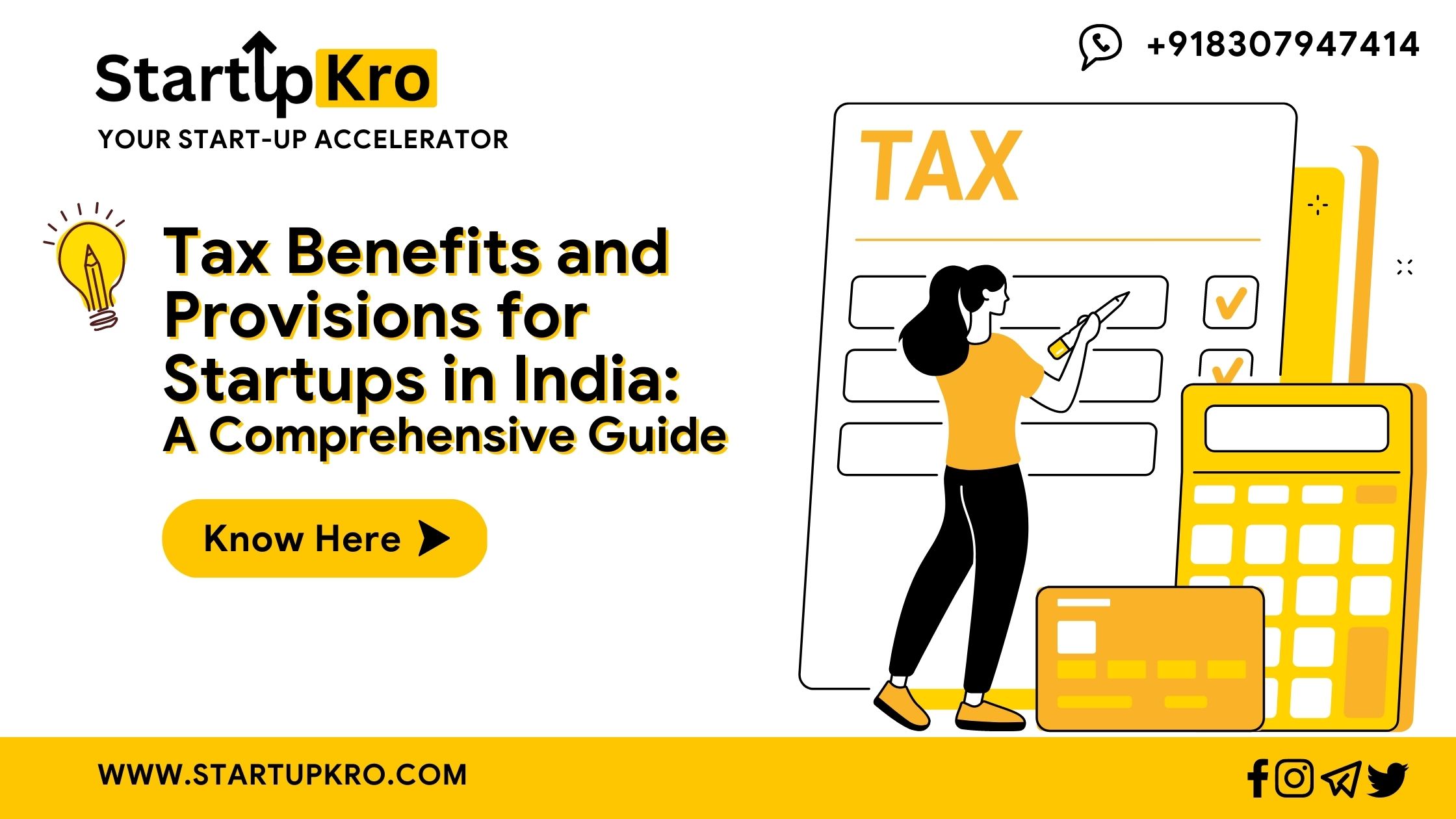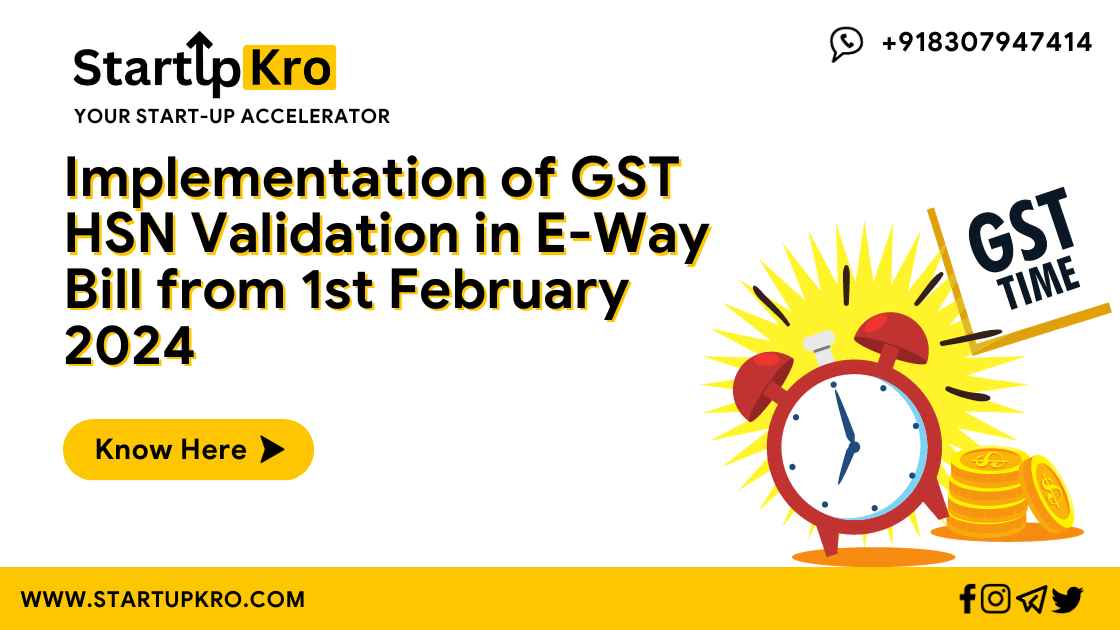
Tax Benefits and Provisions for Startups in India: A Comprehensive Guide
India has become a leading player in the world of startups and technology. However, the disruption caused by the COVID-19 pandemic has resulted in a call for a relief package for startups and venture capitalists in the country. To support

Subscribe To Our Weekly Newsletter
India has become a leading player in the world of startups and technology. However, the disruption caused by the COVID-19 pandemic has resulted in a call for a relief package for startups and venture capitalists in the country. To support and encourage the growth of startups in India, the government has implemented various programs and tax benefits under the STARTUP INDIA initiative. In this post, we will discuss the various tax benefits and provisions available for startups in India.
Defining a Startup
To be considered a startup under the Startup India policy, a company must meet the following criteria:
- It should not have started operations earlier than five years since the initiative was given shape.
- The annual turnover of the venture must not exceed ₹ 25 crores.
- The company must be a pioneer in its area of expertise and must be pushing for innovation.
- It must be a new venture and not one formed by the splitting up or revamping of an earlier enterprise.
Tax Exemptions
Startups in India can benefit from several tax exemptions provided by the government. Private limited companies, limited liability partnerships, and partnership firms can also be eligible for additional benefits based on the schemes available to them.
The first three years:
- Startups are eligible for a 100% tax exemption (excluding the Minimum Alternate Tax) on earnings for the first three years.
- To qualify for this benefit, startups must be registered with the Department of Industrial Policy and Promotion (DIPP).
- This exemption helps startups manage their expenditure and break even sooner, leading to higher profits later on.
Funds
Another benefit provided by the government is the Funds of Funds (FOF) with an initial corpus of ₹ 2500 crores and a final corpus of ₹ 10000 crores lasting four years. Startups registered under DIPP can receive direct investment under the direction of SEBI.
With financial shortage being a prominent issue for startups, such a benefit serves as a considerable accelerator for their growth.
Capital Gain Tax
Startups receive an exemption of 20% of their capital gains, resulting in them having to pay less tax on profits earned through the sales of stocks, bonds, and shares.
Angel Investment Tax
The government has abolished the angel investment tax, making investments made by angel brokers non-taxable. This move helps entrepreneurs gain access to the capital they require and issue shares at a higher rate than the value noted in the books, helping them raise funds with more ease.
Other Provisions
Apart from the above tax benefits, the government has introduced several provisions to help and support entrepreneurs in the country, including:
- ₹ 500 crores set aside to support entrepreneurs belonging to Schedule Tribe and Scheduled Caste sect and Women Entrepreneurs.
- Long-term capital gains are reduced from three to two years.
- Amendment of the Motor Vehicle Act to encourage entrepreneurship.
- Presumptive tax schemes for companies with a turnover below ₹ 2 crores.
- Employee Provident Fund provision for the first three years.
Conclusion
The Indian government aims to push innovation forward by supporting entrepreneurs with tax benefits and provisions. The tax exemptions, funds, and other provisions discussed in this post help startups establish self-sustainable companies and boost the startup ecosystem in India.
Share:

Book an Appointment
Schedule an Appointment with our Expert here.
Social Media
Most Popular


How to Respond to Trademark Objection


